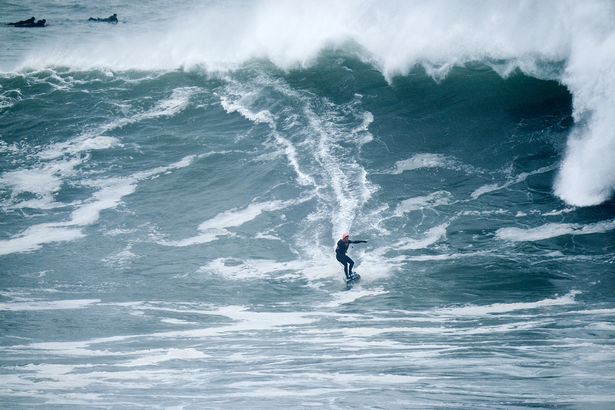Dedh Pajar Ügens ha Deg
De Yow, üdnegves warn ügens mis Meurth
Thursday, 31st March
An maw bian eth en kyttrin bys en Redrüdh gans y vabm, ha nebes ouryow moy diwedhes ev a dheuth tre heb an brâssa radn a y vlew! E vedh othom dhodho a hatt rag gwitha y scovornow dhort an gwens.
The little boy went by bus to Redruth with his mum, and several hours later he came back without most of his hair! He will need a hat to protect his ears from the wind.
Cressya emann agan tavas Kernôwek Radn 19a
Building up our Cornish language Part 19a
We have used bos to be as an auxiliary with parts of other verbs, e.g.
present locative (or imperfect locative) with present participle (continuous particle + verbal noun)
Thera vy ow mos tre lebmyn. I am going home now.
Thera vy ow mos tre dres nos. I was going home overnight.
preterite with verbal adjective (past participle)
My a veu genys termyn hir alebma. I was born a long time ago.
present-future with verbal adjective
An bara a vedh pebys en scon. The bread will be baked soon.
Now we need to look at other auxiliary verbs.
One very important one, which allows us to make compound future and past tenses is
Gwil or Gül 'to do or make'
Here is some of the paradigm:
Verbal Adjective (Past Participle): gwres (SWFM gwrys)
Present Participle: ow cül ~ ow kil (these sound identical)
Present - Future
1 sg: wra ma, wra vy
2 sg: wres, wre ta
3 sg: wra,
m: wra ev, wra e, wra va,
f: wra hei
1 pl wren, wra nei
2 pl wrewgh, wrew whei, wrew'i
3 pl wrons, wron'jei, wra anjei
2 pl wrewgh, wrew whei, wrew'i
3 pl wrons, wron'jei, wra anjei
You will need to know these for asking questions or making negative statements with another verb.
Wrew whei redya ow blogg avorow?
Will you read my blog tomorrow?
Na wrons desky Kernôwek e'n scol na.
They won't learn Cornish in that school.
However, the most useful word to remember is the neutral 3rd person singular wra for making affirmative statements.
e.g. My a wra mos tre en scon. I am going to go home soon.
(literally: I will do going home soon.)
We will look at the past tense tomorrow.
Nei a wra mires orth an termyn tremenys avorow.
:
Whei a wra desky Kernôwek moy avorow.
Whei a wra desky Kernôwek moy avorow.
You will learn more Cornish tomorrow.
(You will do/make learning Cornish more tomorrow.)




Comments
Post a Comment